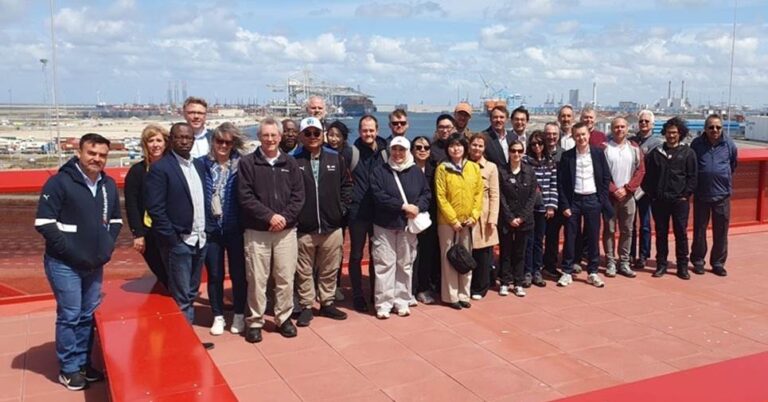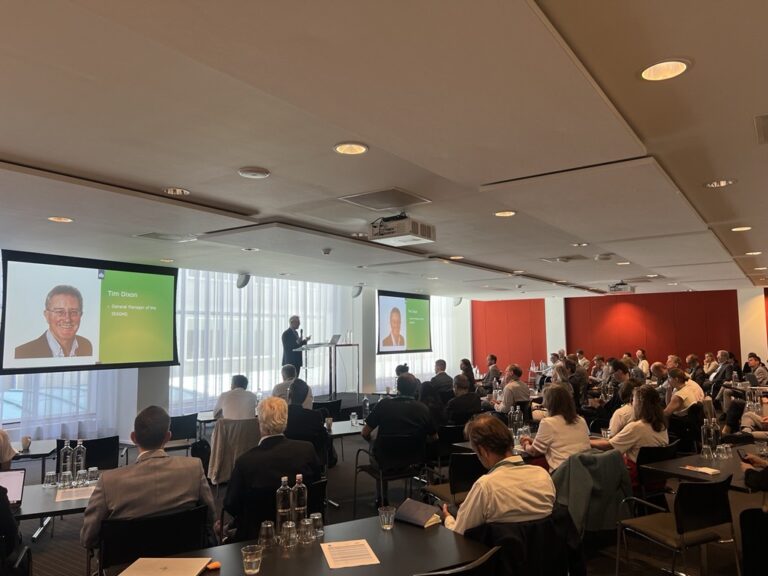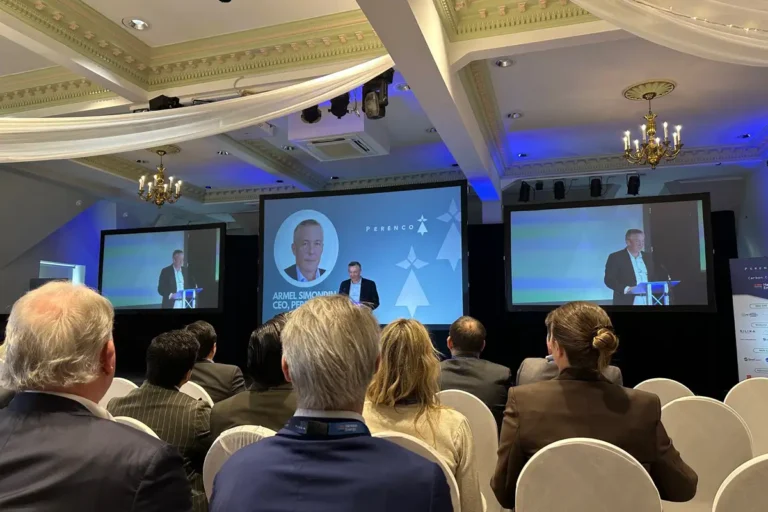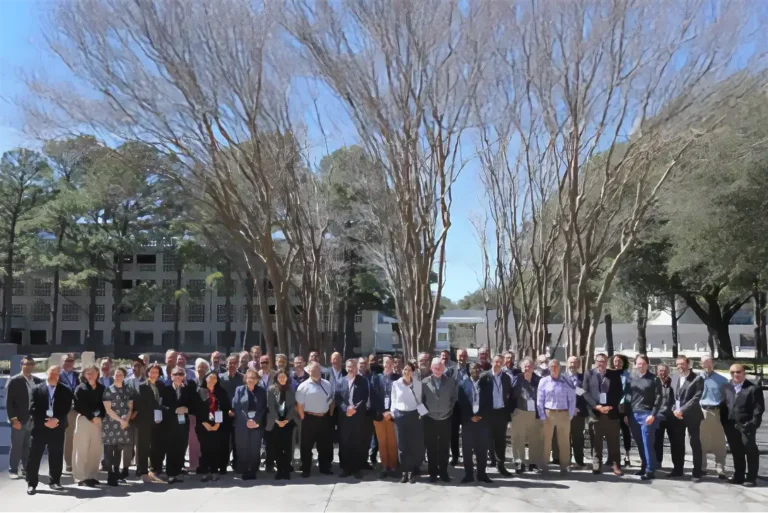
IEA Workshop on law and regulation for CCUS
1 February 2021


The International Energy Agency (IEA) has highlighted the importance of legal and regulatory frameworks to underpin widespread deployment of carbon capture, utilisation and storage (CCUS). As well as ensuring the safety and security of CCUS activities, regulatory frameworks are also important to clarify the rights and responsibilities of CCUS stakeholders, including relevant authorities, operators and the public, and to provide certainty for project investors. The IEA is planning a new publication that will update the 2010 IEA Model Regulatory Framework and share global best practices for the development of CCUS legal and regulatory frameworks. The report will identify advances since 2010 and highlight key lessons learned from project developers and regulators. The work is being supported by the SciencesPo University legal clinic.
The last IEA meeting on this topic was held by the IEA Regulatory Network in 2016, and since then there have been further developments and new interest from countries. This workshop brought together a small group of experts to share experiences across governments, projects and regions with the aim to inform the IEA’s planned publication. The discussion was under the Chatham House rule, so I can only report the topics discussed but not the participants.
The first session focussed on regional perspectives. We heard from an emerging economy who is in the process of developing regulations for CCUS and a carbon pricing system, and from a region who has a mature regulatory environment for CCUS. This facilitated a good exchange between the two, with useful learnings being shared. The second session was on project perspectives and heard from North American and European project examples. These success stories emphasised the need to work closely with regulators.
Overall, this was an interesting and constructive meeting. A good sign was the number and quality of questions, and the information sharing between the two regions. The main conclusions that I drew for regulatory development were:
- Developing regulations for CCUS is “not a greenfield exercise”, existing regulations can be used and adapted, especially for countries with oil and gas industries
- To draw upon existing examples from other regions.
- A flow-chart of ‘how-to’ develop regulations would be very useful
- The importance of projects to a) drive regulatory developments in governments and b) test regulations and provide feedback on functionality.
The international CCUS community can help by holding such meetings to facilitate exchanges of experiences, and the new IEA guide should also be very useful.
IEAGHG was pleased to chair the regional perspectives session. As well as having played an active role in the development of international regulatory frameworks for CCUS such as the Clean Development Mechanism and the London Protocol, IEAGHG has an ongoing activity to monitor revisions of regulatory frameworks to look for opportunities to suggest improvements drawing from new technological developments and understandings. The CCS Modalities and Procedures under the Clean Development Mechanism provided a framework specifically for carbon accounting from CCS in emerging economies, and should be very relevant for application under Article 6 of the Paris Agreement. We welcome and look forward to the new IEA publication on best practices in developing CCUS regulatory frameworks.
Other articles you might be interested in
Get the latest CCS news and insights
Get essential news and updates from the CCS sector and the IEAGHG by email.
Can’t find what you are looking for?
Whatever you would like to know, our dedicated team of experts is here to help you. Just drop us an email and we will get back to you as soon as we can.
Contact Us NowOther articles you might be interested in
Get the latest CCS news and insights
Get essential news and updates from the CCS sector and the IEAGHG by email.
Can't find what you are looking for?
Whatever you would like to know, our dedicated team of experts is here to help you. Just drop us an email and we will get back to you as soon as we can.
Contact Us Now









